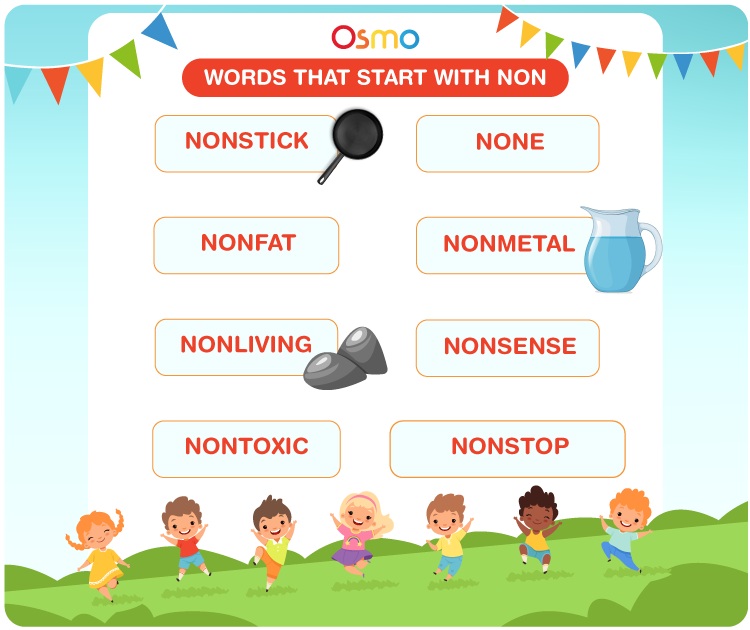Words That Start With Chloro
1. Chlorophyll
2. Chloroform
3. Chloroplast
4. Chloroprene
5. Chlorosis
6. Chlorogenic
7. Chlorohydrin
8. Chlorobenzene
9. Chlorothiazide
10. Chlorobutanol
11. Chlorobromomethane
12. Chlorocarbon
13. Chloroethane
14. Chloroplatinate
15. Chloroacetone
16. Chloroacetaldehyde
17. Chloromethane
18. Chloroquinoline
19. Chloropicrin
20. Chloroethylamine
21. Chloroaniline
22. Chlorosulfonic
23. Chloromethyl
24. Chloromethylphenol
25. Chlorobenzoic
26. Chloroacetamide
27. Chloroethanol
28. Chloroacetyl
29. Chloroethoxy
30. Chloronaphthalene
More About Words That Start With Chloro
Welcome to our blog, where we delve into the vast and fascinating world of words beginning with “chloro.” The prefix “chloro” derives from the Greek word “chloros,” which means green. This term has made its mark in various fields, such as chemistry, biology, and medicine. Join us on this linguistic journey as we explore the intriguing and significant words that begin with this intriguing prefix.
In the realm of chemistry, “chloro” is commonly associated with the element chlorine. Chlorine, with its distinctive greenish-yellow color, is widely recognized for its disinfectant properties and its role in various industrial processes. Chemical compounds beginning with “chloro” often contain chlorine atoms, influencing their properties and usage. From chloroform, a powerful anesthetic, to chlorophyll, the pigment responsible for plants’ green color and crucial in photosynthesis, these terms captivate our curiosity and showcase the diverse applications of this essential chemical element.
In the realm of biology, “chloro” takes us into the world of photosynthesizing organisms. Photosynthesis, the process through which plants, algae, and some bacteria convert light energy into chemical energy, is paramount for life on Earth. Central to this crucial process is chlorophyll, which absorbs light energy, initiates the conversion of carbon dioxide into oxygen, and ultimately produces glucose, a vital source of energy. Through exploring the words linked with “chloro,” we gain a deeper understanding of the intricate mechanisms that allow organisms to harness the power of the sun.
Moreover, “chloro” extends its reach into the field of medicine, where it finds application in various medical terminologies. Chloroquine, a medication originally used to treat malaria, has gained attention for its potential in combating certain viral infections. The prefix also appears in the term chloroplast, a specialized cell organelle found in plants and algae that hosts photosynthesis. Chloroplasts play a crucial role in generating and storing energy, making them vital components to explore when examining cellular function and biology.
By diving into the words beginning with “chloro,” we uncover the rich history and the scientific advancements associated with this prefix. It serves as a reminder of the interconnectedness of various disciplines and the profound impact they have on our daily lives. Whether you are a student of science, a language enthusiast, or simply curious about the world around you, these words provide a gateway to discover new knowledge and perspectives.
In this blog, we strive to present a comprehensive exploration of “chloro” words, shedding light on their etymology, applications, and significance in different fields. Our aim is to bridge the gap between scientific jargon and general understanding, allowing readers like you to appreciate the beauty and importance of these terms. Furthermore, we will provide practical examples and real-life contexts to enhance your comprehension and practical knowledge.
We invite you to embark on this linguistic expedition with us, where we will examine the fascinating world of “chloro” words. From unraveling the mysteries behind chlorophyll’s role in the Earth’s ecosystems to delving into the diverse applications of chlorinated compounds, we will explore the multifaceted aspects of these words. Our blog will serve as a valuable resource, catering to both the curious mind and the knowledge-seeking individual.
Stay tuned for our upcoming articles, where we will dissect specific “chloro” words, offering insights that inspire fascination and understanding. Together, let us explore the captivating world of words beginning with “chloro” and uncover the wonders they hold.
Words That Start With Chloro FAQs:
1. Q: What are some words that start with ‘chloro’?
A: Some words that start with ‘chloro’ are chlorine, chlorophyll, chloroform, chlorogenic acid, and chloroplast.
2. Q: What is chlorine used for?
A: Chlorine is primarily used to disinfect water, as a bleach in the production of paper and textiles, and as an ingredient in household cleaning products.
3. Q: What is chlorophyll?
A: Chlorophyll is a pigment found in plants and algae that plays a crucial role in photosynthesis, allowing them to convert sunlight into energy.
4. Q: What is chloroform?
A: Chloroform is a colorless, volatile liquid that was previously used as an anesthetic. It is now primarily used as a solvent and in manufacturing.
5. Q: What is chlorogenic acid?
A: Chlorogenic acid is a naturally occurring compound found in various fruits, vegetables, and coffee beans. It is believed to have antioxidant and anti-inflammatory properties.
6. Q: What is a chloroplast?
A: A chloroplast is a specialized organelle found in plant cells that is responsible for photosynthesis. It contains chlorophyll and other pigments necessary for capturing light energy.
7. Q: Is chlorine safe to drink?
A: In small amounts, chlorine is considered safe to drink as it helps disinfect water and eliminate harmful microorganisms. However, excessive exposure to chlorine can have negative health effects.
8. Q: Can chlorophyll be consumed by humans?
A: Yes, chlorophyll supplements are available for human consumption. They are believed to have health benefits, although scientific evidence is still limited.
9. Q: What is the odor of chloroform?
A: Chloroform has a sweet, heavy odor that can be described as similar to that of ether or a fruity scent.
10. Q: Does chlorogenic acid have any side effects?
A: Generally, chlorogenic acid is considered safe when consumed in normal amounts through diet. However, high doses from supplements may cause stomach upset or diarrhea in some individuals.




















